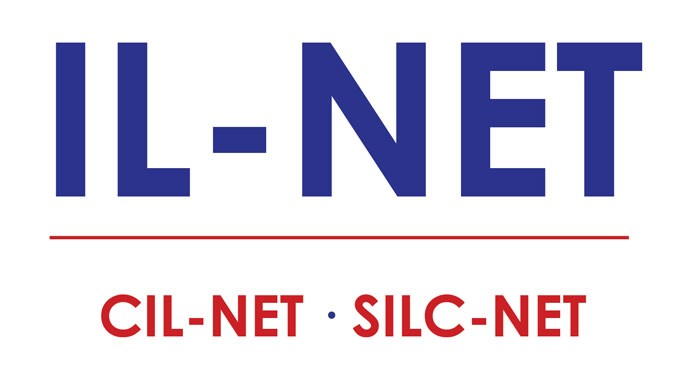APRIL’s Peer to Peer Mentoring Program

One of the key foundations upon which independent living was established and continues to thrive, is the concept of learning from one's peers.
People with disabilities know best what works and what does not work for them. We believe that “experience is the best teacher" when it comes to operating a CIL or SILC:
APRIL's Peer-to-Peer Mentoring Program encourages leaders with disabilities who are subject experts on a variety of topics related to rural America and disability to share their knowledge and expertise with Centers for Independent Living (CILs) and Statewide Independent Living Centers (SILCs) across the United States and its territories.
- CIL to CIL Mentoring is typically done with an Executive Director of a CIL to another Executive Director of a CIL. We will also consider Assistant Directors and other senior staff, such as Youth Coordinators, Nursing Home Transition Coordinators, Program Managers/Assistant Directors, etc.
- SILC to SILC Mentoring is typically done with SILC staff to SILC staff. We can offer a SILC Chair mentor on a case-by-case basis.
What Does Mentoring Include?
- A Peer Mentor, chosen by you because of skills and/or experiences similar to your requests, will work with you to develop a plan complete with goals, resources, and mentoring activities.
- Your mentor will work primarily with you to meet your goals, but can also provide training to staff and/or board or council.
- You will participate in calls and online training with your mentor. A visit to your CIL may be included when funds are available. Whatever is best for your learning style and goals you set for your CIL/SILC.
- Peer Mentors provide follow-up via phone and email and report the final goals and progress to the IL NET for evaluation and quality assurance purposes.
How Much Does It Cost and How Do I Apply?
- Through the IL-NET grant the program is free to you, as long as your CIL is eligible, meaning in good standing and not currently using intensive support programs.
- Click here https://form.jotform.com/aprilinfo/ILNETPTPMentoring to apply for a Peer-to-Peer mentor.
For more information or assistance in applying contact Rebecca Roberts, Director of Training and Technical Assistance at
What CILs and SILCs are saying:
“It was very exciting and it came at a unique point for us - a new beginning where we can shape and mold the Center and go from there.”
“My interest was in having an outside presence who could talk to staff about customer service, CSRs, and the importance of clear documentation. My mentor’s info was not tied to a specific database, but was content-related and helped staff see new ways to talk to consumers and decide where to go for help.”
“My overall impression was that I was talking to someone who was LISTENING. My mentor validated me!”
“I was concerned about serving rural counties and as a new director I had to learn everything. For me it was a game changer to put into place the tools we needed to move to the next level.”
“This was really worthwhile. It’s great to have folks with experience who will share. It makes us all (CILs) stronger. It’s particularly great and interesting to hear what other states have done/are doing. It helps put things in perspective. We’re all different, but the same.”
Presented By The IL-NET:
CILs:
The IL-NET is supported by grant numbers 90ILTA0001 and 90ISTA0001 from the U.S. Administration for Community Living, Department of Health and Human Services, Washington, D.C. 20201. Grantees undertaking projects under government sponsorship are encouraged to express freely their findings and conclusions. Points of view or opinions do not, therefore, necessarily represent official Administration for Community Living policy..
SILCs:
The IL-NET is supported by grant numbers 90ILTA0001 and 90ISTA0001 from the U.S. Administration for Community Living, Department of Health and Human Services, Washington, D.C. 20201. Grantees undertaking projects under government sponsorship are encouraged to express freely their findings and conclusions. Points of view or opinions do not, therefore, necessarily represent official Administration for Community Living policy.
Return to APRIL Peer Support
